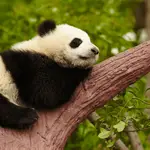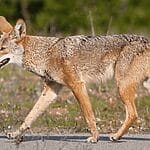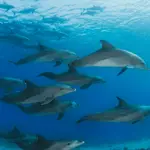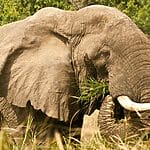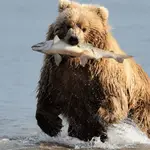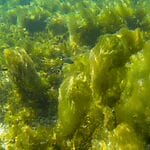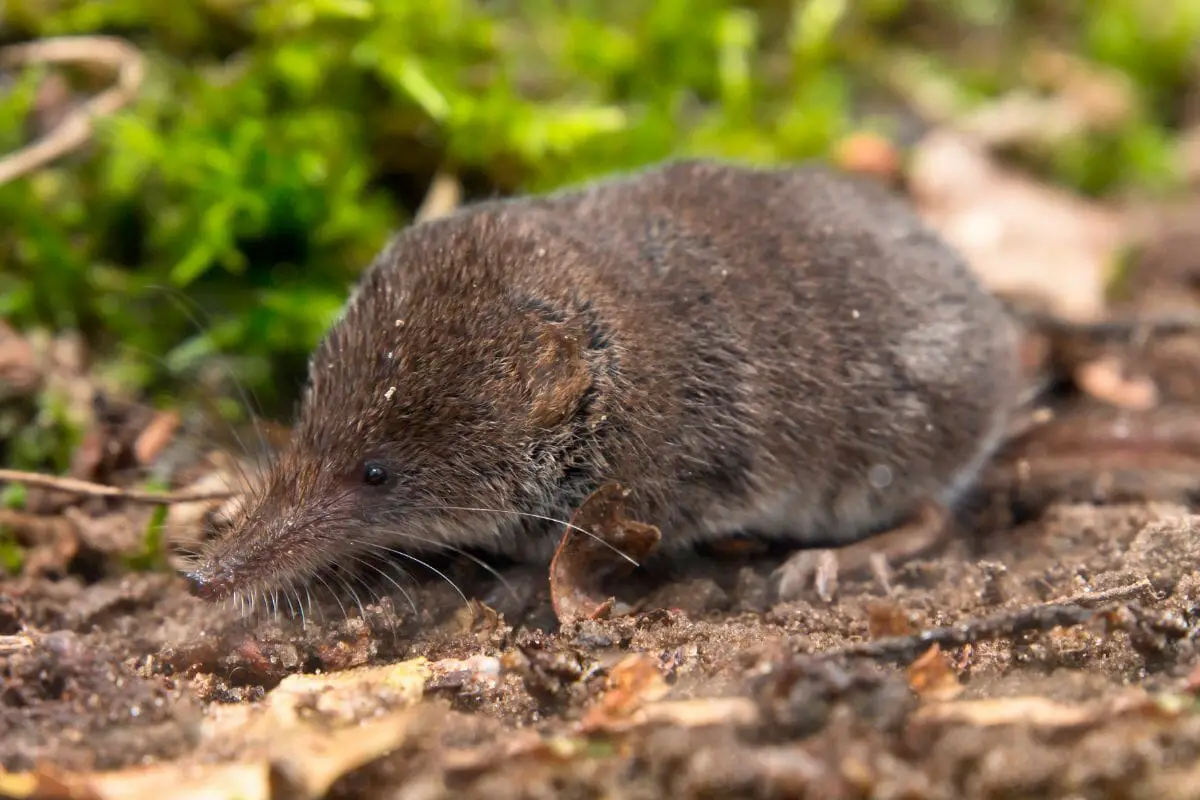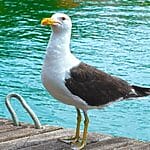Within the last couple of decades, it’s no secret that the planet has lost unprecedented species. Many species have disappeared due to deforestation, overpopulation, climate change, animal exploitation, consumer culture, and other harmful sources.
All these damaging influences share one similar trait: they are all inflicted by mankind. Around 10,000 species are lost every year, causing the world’s wildlife population to half in the past 40 years.
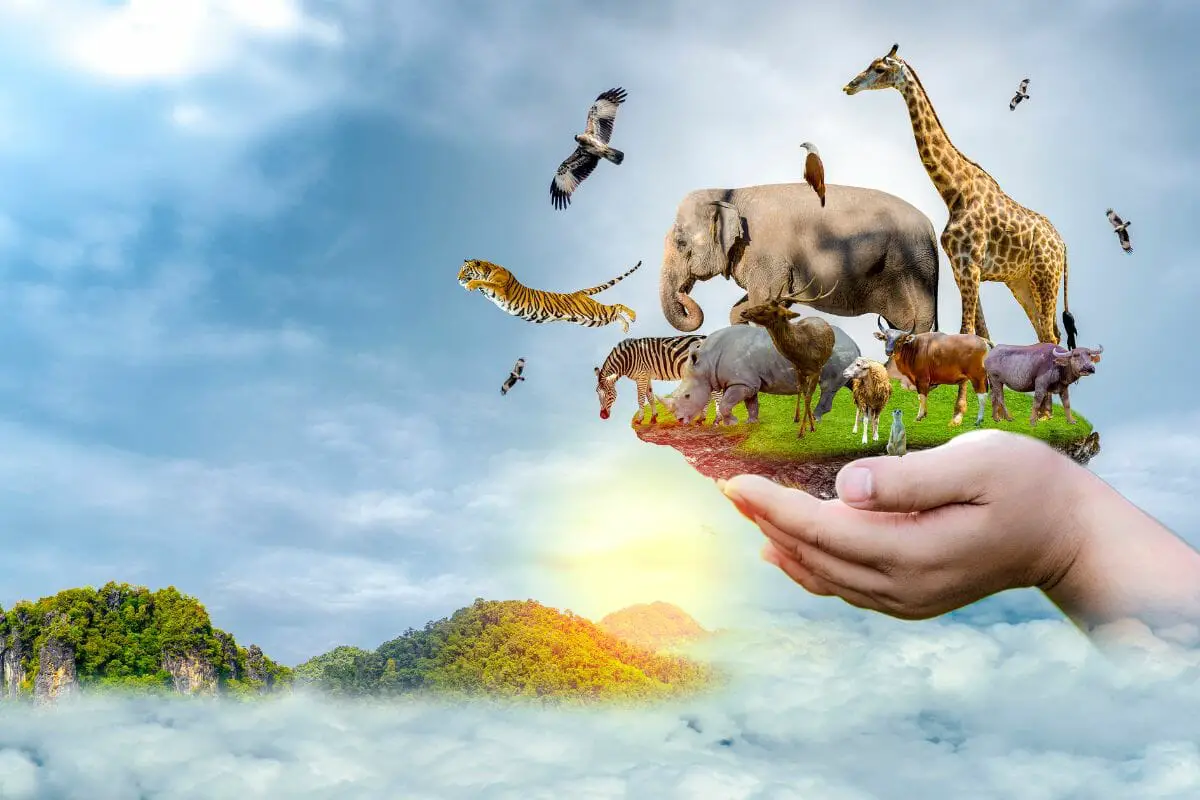
Jeffrey Kluger claimed the first thing to remember when it comes to terrestrial biology is that ‘no species lasts forever’. However, the rates at which animals are disappearing today are predicted to be between 1,000 and 10,000 times higher than the natural extinction rate.
We are currently in the midst of a sixth great extinction according to the theories and Science papers, which is unsettling but accurately known as the Anthropocene, or the age of humans.
Biodiversity and human survival are directly related. While nature may survive without humans, we can’t survive without it. Therefore, conservation efforts don’t only impact the environment but us, too.
With all this in mind, we have outlined all the economic benefits of wildlife conservation, since, ultimately, saving wildfires saves humans, too.
Let’s get straight into it.
1. Healthy Ecosystems Benefit From Diversity
The term ‘biodiversity’ has the tendency of cropping up when talking about wildlife. If you’re unfamiliar with this term, it essentially refers to the number of species in an ecosystem.
A healthy ecosystem will contain much diversity. You may be wondering why this is important. Well, let’s look at plants, for instance.
A wide range of plants is synonymous with better health and greater productivity. If there weren’t many species of plants, then you would see diseases spreading much faster and being more effective.
Hence, more variety ensures better resistance to diseases.
2. Wildlife Ensures Ecosystem Balance
On earth, every living organism is connected. If one animal were to become threatened or extinct, then it creates a domino effect that can have an adverse effect on an entire ecosystem.
This ultimately affects food chains, (see also: How Does Animal Poaching Affect The Food Chain?)sending disruptive shock waves traveling through the environment.
It’s important to remember that these threats to species are rarely due to isolation. For instance, the thing threatening, let’s say, honey bees, also disrupt other pollinators.
In order for an ecosystem to thrive, wildlife needs to be protected.
3. Some Medicines Comes From Wildlife
Nature has always been a source of medication for humans. In fact, many medical systems (such as Chinese traditional medicine) remain reliant on spices, herbs, and more to cure illness.
In addition to this, pharmaceuticals simply wouldn’t be where they are today without the help of wildlife. For instance, medicine such as aspirin, morphine, and penicillin was derived from plants.
Plus, when looking for cures for diseases, including Alzheimer’s and cancer, researchers still look to nature as a solution.
Therefore, the more wildlife options available to study, the more opportunities are provided for improved health.
4. Protecting Wildlife And Habitats Prevents Human Affecting Diseases
The preservation of wildlife and its habitat is directly correlated with human health. Studies have shown that in protected, diverse natural environments, there are fewer cases of Lyme and malaria disease.
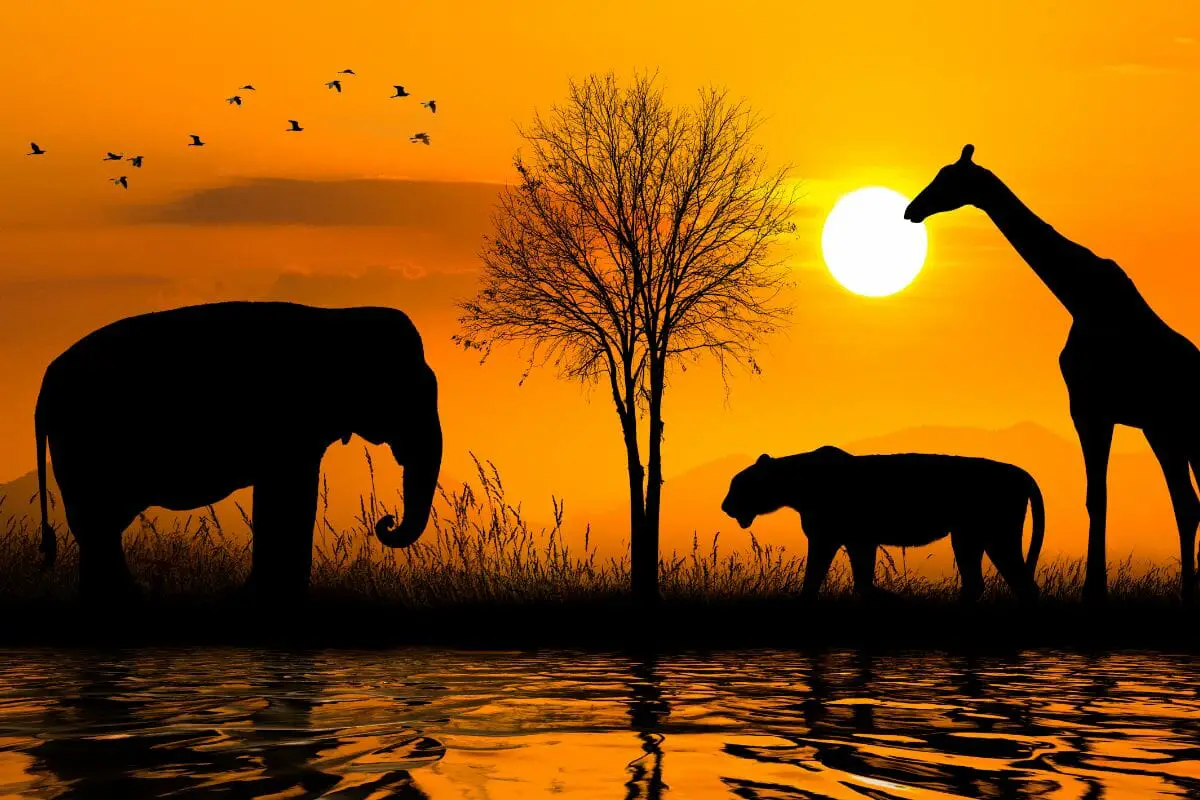
In fact, 60% of infectious diseases came from animals. Proximity to these animals increases the risks of diseases mutating and jumping between species.
Habitat protection ensures that humans and wildlife don’t have to live within close proximity.
5. People’s Livelihoods Are Dependent On Wildlife
For some, their main source of income is reliant on wildlife. According to the World Economic Forum, $44 trillion (this is more than half the world’s GDP) comes from nature.
In the Global South, over 1 billion people rely on forests. Plus, across the world, ¾ jobs are dependent on water. As wildlife and habitats begin to decrease, the number of jobs lost increases.
6. Food Security
Another compelling benefit that is the direct result of wildlife conservation is that it guarantees food security. Rebuilding forest habitats and protecting them from deforestation helps the carbon-sequestration process, protects against erosion, and provides new economic opportunities.
Plus, wildlife conservation (see also: How To Volunteer At The Southwest Wildlife Conservation Center)also promotes agricultural biodiversity, which plays another important role in creating robust, thriving, and secure food systems.
In circumstances where land is overturned for agriculture and agricultural diversity is exploited, extensive habitat and resource loss happen as a result. Plus, massive soil erosion and undocumented loss of species, too.
Studies have shown that this can negatively impact the healthy, dietary diversity, and nutrition of particular groups in society.
7. Creates Opportunities
Perhaps the most compelling benefit of wildlife conversation for some people is that it provides humans with opportunities, whether this involves cultural, economic, or social.
Industries that use resources to extract wildlife unsustainably – including the bushmeat industry, clear-cut logging industry, charcoal trade, and poaching industry – inadvertently expand the gap between the rich and poor, and this has been linked to political strife and civil war.
Moreover, maintaining healthy ecosystems and increasing biodiversity through conservation efforts not only improves agricultural productivity but allows farms to become more profitable, too.
Moreover, ecosystems that are home to unique species lure the likes of tourists from all around the world – helping invest in local communities and a new fusion of investment.
In addition, wildlife conservation (see also: Theodore Roosevelt And The History Of Wildlife Conservation)programs also bring communities together since team effort is essential for these efforts to thrive. From administrators to rangers, these invite new opportunities for people to get involved in a new preservation-based economy.
Human’s relationship with the environment – one that is self-interested, unsustainable, and unconscious – has led to an increasingly destructible world.
If action isn’t taken – and quickly for that matter – the planet is at risk of losing irreplaceable and vital biodiversity and ecosystems, or, that is, until the sixth great extinction makes claim to the final species: humans.
Way To Help The Planet
Consumer Less Meat
Meat is directly linked to the destruction of wildlife. From production to consumption, precious resources are required. With a plant-based lifestyle, you’re not only reducing your carbon footprint but also saving animals and getting healthy at the same time.
Reduce Fast Fashion
Instead of supporting fast fashion pollution, look towards sustainable and circular brands that raise awareness of the importance of recycled, zero-waste clothing.
Do What You Can
Plant trees, reduce waste, travel responsibly, eat local, say no to single-use plastic, reuse stuff, vote smart, recycle, divest from fossil fuels, switch to cold water laundry, shop wisely, save water, grow your own food, donate, conserve energy, volunteer, compost, and don’t forget about the hundreds and thousands of microbeads and microplastics in your household items – each step is a step towards a better future.
Final Thoughts
Wildlife and human survival are directly correlated. While nature can survive without humans, it doesn’t work vice-versa. Without wildlife, society wouldn’t be what it is today.
From the biggest animals to the smallest plant, each plays a vital role in the ecosystem that we know as Earth and its health. Hopefully, this guide has informed you of all the economic benefits of wildlife conservation.

